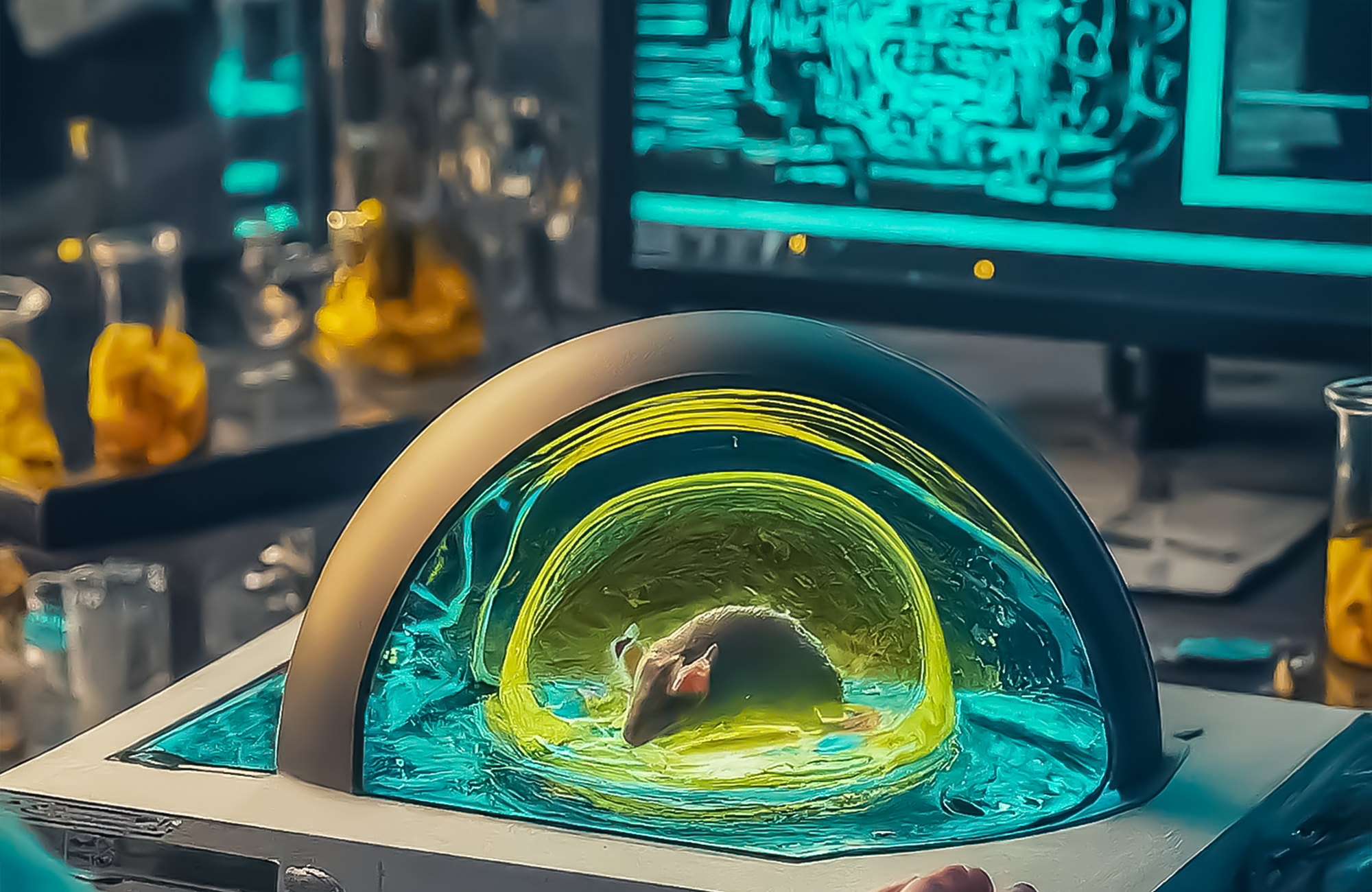Scientists Develop Nano-MIND to Control Emotions and Appetites
A ground-breaking new study by scientists working with nanoparticles shows that the minds of mice can be controlled. The innovative technology, called Nano-MIND, holds promise in the treatment of neurological disorders that include depression.
Breakthrough in Neurobiology
Recently, researchers have come up with a technology for controlling the feelings and appetites of the mice. This pioneering method, known as Nano-MIND (Magnetogenetic Interface for NeuroDynamics), uses an external magnetic field for the control of neural activity. Nevertheless, despite being in its neophyte stage, Nano-MIND has enormous capabilities to come up with additional information about the functioning of the brain, treatment options, and cure for neurological disorders. In this article, we explore in detail this technology, the potential applications, and the broad implications for neuroscience.
Technology: Explained
Nanoparticles and Magnetogenetics: Nano-MIND is based on specially designed nanoparticles when administered into the brain. These particles are designed to respond to magnetic fields so that certain neural circuits might be turned on or off by scientists.
Magnetic Field Manipulation: At the Institute for Basic Science in South Korea, researchers plan to use an external magnetic field to turn the activity of these nanoparticles on and off inside the brains, thus allowing them to manipulate the behavior or physiological responses of the mice.
Remote Emotional and Appetitive Control: Such a remote controller of neural activity makes it not only possible but allows scientists to remotely control the emotional states and appetites of the mice. Here, for instance, the researchers do a demonstration on a mouse with the aid of a light-generating implanted probe only 1 mm wide, in a section of its hypothalamus coated with nanoparticles a literal flip of the switch to alter the emotions and appetites
Treatment of Neurological Disorders: Another application where Nano-MIND would have vast potential is in the treatment of neurological disorders. Problems like depression, anxiety, and other mood disorders can be managed with the precise control of the neural circuits implicated with the condition.
Unlocking the Mystery of Brain Functioning: Your brain is a huge network of more than 100 billion neurons.-Control over the individual neural pathways using Nano-MIND can thus throw more light on cognition, emotion, and social behavior, helping in generalizing the understanding of brain functioning.
Advancing Neuroscientific Research: Nano-MIND opens new avenues for neuroscientific research in terms of providing a tool to study complex interactions within the brain and how different neural circuits contribute towards behavior and mental states.
Ethical Considerations and Future Prospects
Moral Implications: Manipulation of feelings and conduct leads to the opening up of ethical issues related to misuse of such technology. In that sense, ethical guidelines and standards will be set out so that Nano-MIND may be used responsibly and in the best interest of society.
Initial Development Stages: The research with Nano-MIND, although highly promising, is at its budding stage of development. Further studies and improvements need to be made in this technology to refine, prove it safety, and bring out its full potential.
Broader Applications: Overall, beyond the medical treatments, the Nano-MIND can help in psychology, behavioral science, or even artificial intelligence, when trying to understand and replicate human neural activities is valuable.
Conclusion
The birth of Nano-MIND stands as a landmark step in the world of neuroscience. The technology had already shown great potential to change our current knowledge and to be applied for the treatment of neurological disorders, via control of the emotional and appetitive states of animals, using nanoparticles and magnetic fields. More in-depth human brain understanding could be at the doorstep of new treatments.
Keep posted for more groundbreaker neuroscience!

The brain is a world consisting of a number
of unexplored continents and great
stretches of unknown territory.
— Santiago Ramóny Cajal

Would you trust a technology that
can control your emotions? 🧠🔬
Share your thoughts in the comments below!




